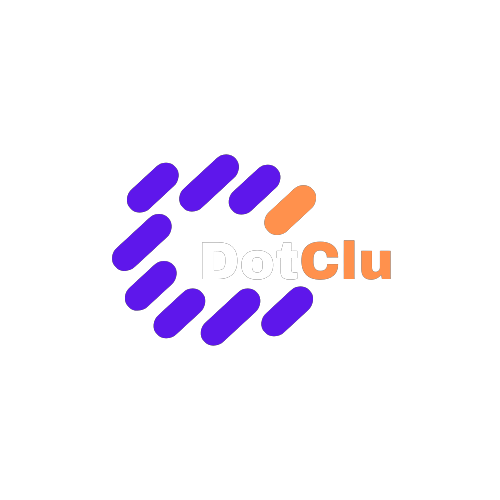write to us

Government Sector
Certainly! Here are some use cases of IT services in the government industry:
Government Industry
- 1. E-Government Services:
Implement e-government services that allow citizens to access government information, submit applications, and complete transactions online. This includes services such as online tax filing, applying for permits and licenses, and accessing public records. E-government services improve accessibility, reduce administrative burden, and enhance citizen engagement.
- 2. Digital Identity and Authentication:
Develop secure digital identity and authentication systems that enable citizens to access government services securely. These systems ensure the privacy and integrity of citizen data while allowing for streamlined and convenient access to government resources.
- 3. Government Portals and Websites:
Create and maintain government portals and websites that provide a centralized hub for accessing government services, information, and resources. These portals can include features such as citizen portals, department-specific information, news and updates, and online forms and applications.
- 4. Open Data Initiatives:
Implement open data initiatives that make government data accessible to the public. By publishing datasets on various topics, such as public transportation, demographics, or health statistics, governments promote transparency, foster innovation, and enable citizens, researchers, and businesses to utilize the data for various purposes.
- 5. Geographic Information Systems (GIS):
Utilize GIS technology to manage and visualize geospatial data for various government applications. GIS can be used for urban planning, emergency management, land use analysis, transportation planning, and more. GIS systems enable government agencies to make data-driven decisions and improve service delivery.
- 6. Digital Document Management:
Implement digital document management systems that streamline the storage, retrieval, and sharing of government documents. These systems improve efficiency, reduce paper usage, and enhance document security and accessibility for government employees.
- 7.Cybersecurity and Data Protection:
Implement robust cybersecurity measures and data protection protocols to safeguard government systems and citizen data. This includes network security, encryption, access controls, and employee training to prevent cybersecurity breaches and protect sensitive information.
- 8. Smart Cities Initiatives:
Implement smart city technologies that leverage IoT, data analytics, and automation to improve the quality of life for citizens. Smart city initiatives can include intelligent transportation systems, smart energy grids, waste management systems, and public safety enhancements, among others.
- 9. Digital Service Delivery:
Develop digital service delivery channels that enable citizens to interact with government agencies through various digital platforms. This can include mobile applications, chatbots, virtual assistants, and online service portals, providing convenient and efficient access to government services.
- 10. Data Analytics and Insights:
Utilize data analytics and business intelligence tools to analyze government data and gain insights for policy-making, resource allocation, and service improvement. Data analysis can help identify trends, measure program effectiveness, and drive evidence-based decision-making.
These use cases demonstrate how IT services can transform the government industry, making government services more accessible, efficient, and citizen-centric. By leveraging technology solutions, governments can streamline operations, enhance transparency, and improve service delivery to meet the needs of their citizens.
15+
100+
1200+
Services
Industries
Careers
